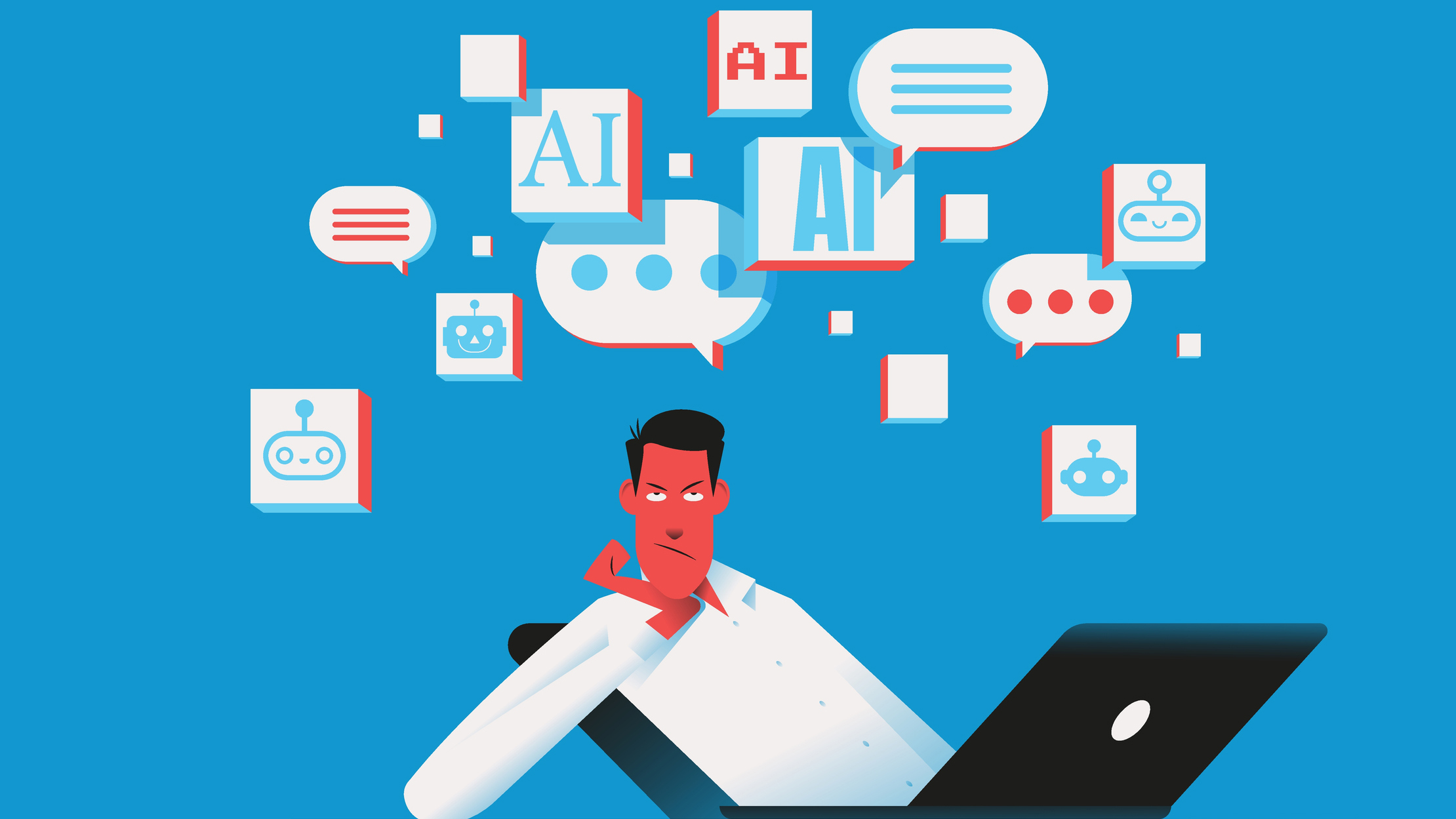
"Employees are becoming tired of the rush to implement AI and its different guises. According to an released in December that measured the pulse of AI investments, half of 500 US-based senior executives reported that they had seen company-wide enthusiasm for AI decline and 54% of the respondents revealed they felt they had failed as a leader."
"AI presents a new level of uncertainty for the tech world. This is problematic, because employees may see another uncertainty as something not worth sticking around for."
"If employees are distracted by the uncertainty of their roles, they can become less engaged in their work and instead spend time worrying about the future."
"One reason why change fatigue sets in is what Alex Adamopoulos, CEO of digital business services firm Emergn, calls the 'long wait for value'."
Recent findings highlight the growing issue of change fatigue in the workplace as companies rush to implement AI technologies. A significant portion of senior executives report declining enthusiasm for AI, with many feeling they have failed to lead effectively. This growing uncertainty disrupts employee engagement and productivity, increasing the risk of quiet quitting and higher turnover. Experts note that the prolonged wait for tangible results from AI investments exacerbates this fatigue, as employees grow weary of waiting for the promised benefits of digital transformations, thereby impacting overall motivation and retention.
#ai-implementation #change-fatigue #employee-engagement #workplace-productivity #technological-transformation
Read at IT Pro
Unable to calculate read time
Collection
[
|
...
]